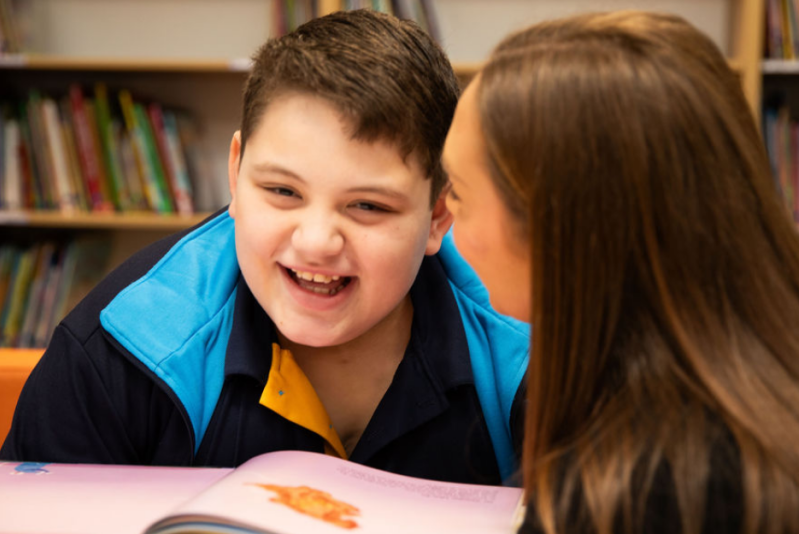
Churches in Australia are being encouraged to learn how to better welcome and include neurodivergent Christians at an upcoming conference, “Belonging by Design,” to be held Oct. 17–18 at Crossway Baptist Church in Burwood East, Melbourne.
Organized by the Anglican Diocese of Melbourne in partnership with ministry resource group Intergen, the event is designed to highlight the voices of neurodivergent followers of Jesus, along with their families, carers and advocates. Organizers say the gathering will challenge churches to consider what true inclusion looks like in both worship and community life.
Virginia McDonald, the diocese’s disability inclusion consultant, told The Melbourne Anglican the conference offers churches “an ideal opportunity to listen, learn and grow in understanding of neurodivergence.” She noted that inclusion must go beyond awareness to ensure full participation in the life of the church and in discipleship.
McDonald explained that neurodivergence refers to differences in how a person’s brain processes information, thinks or interacts with the world, encompassing people with autism, ADHD and related conditions. She said knowledge of these differences varies widely across communities, with some having little awareness and others developing deeper understanding through personal or family experience.
“As the church, we are invited to learn together,” McDonald said, emphasizing that wisdom and compassion are essential in ministering to neurodivergent children, young people and their families.
Speakers will include Rev. Kirstyn Oliver, an autism specialist and children’s and families’ minister in South London, as well as autism self-advocate Daniel Giles and his father, Daryl. Together, the Giles family will share perspectives as an autistic individual and as a parent and carer.
Giles said churches need to model inclusive ministry and ensure people on the margins are not overlooked. He emphasized that many congregations lack focus on inclusion—not only for those with disabilities but also for people from other underrepresented groups.
He pointed out that some individuals have been excluded because their behavior was considered disruptive or because buildings were not designed with accessibility in mind. He added that in some settings, the focus on healing is interpreted as a desire to “cure” autism rather than to embrace individuals as they are. What people truly need, he said, is compassion, understanding and an environment that welcomes difference.
Statistics underscore the growing importance of this issue. According to the Australian Bureau of Statistics, there were 290,900 autistic people in the country in 2022, or 1.1% of the population. That marked a rise from 205,200 people, or 0.8%, in 2018.
For Giles, being part of an inclusive community makes a profound difference. At St. Aidan’s Strathmore, where he worships, he feels his neurodiversity is not only accepted but valued. He told The Melbourne Anglican that in non-inclusive environments he cannot live authentically as the person God calls him to be.
He added that inclusion reflects the heart of the Christian faith: “I feel more at home in a community that’s inclusive, because for me, that better reflects what Jesus was all about. That’s how I initially decided to follow my faith.”






